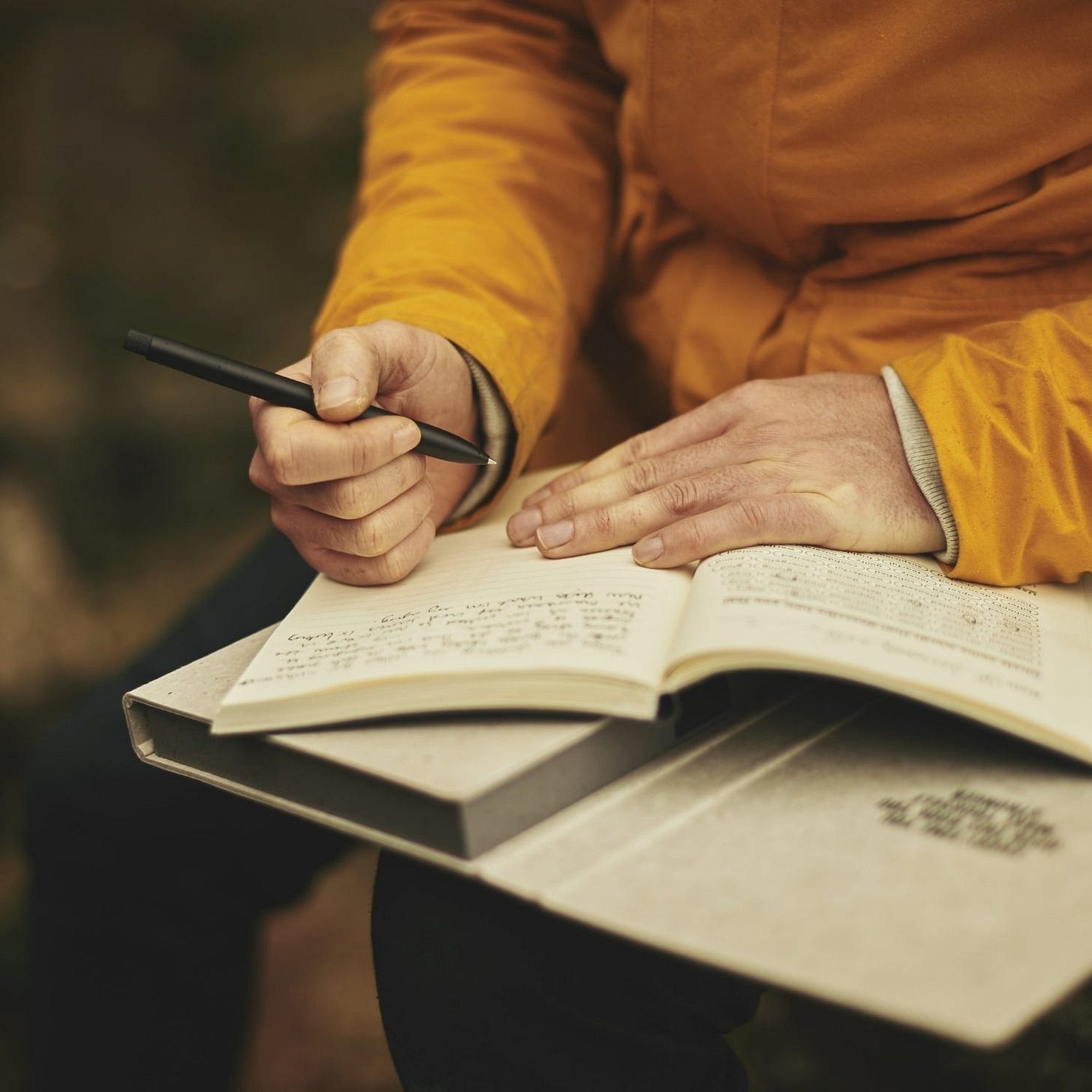(You can listen to the audio version of this post in the audio bar above. Every Pathways of Connections’ post includes my audio.)
If you’re unfamiliar with journaling, it may conjure images of someone furiously or morosely scribbling in a small notebook in a darkened room, filling the pages with longing, sadness, and woeful poetry. Once you’ve poured all your feelings onto the page, you see the world anew.
Journaling can and often is a spewing of emotional scribbles and self-reflection, but it can simply be a daily recording of your life events.
When I teach Basics of Journaling, I start with the Facts. Beginning with what you know has happened alleviates worries over sharing your feelings even if only on paper and what to write about.
Think of it like being a reporter. You’ve entered a room with your notebook and pen and you need to state the facts. You can ask yourself:
What do I see?
Where am I and what is around me?
Include physical items and specific location.
Who do I see?
Write full names
What is their relation/connection to me?
What are they doing?
How am I involved in the action or moment?
When did this happen?
Time stamp the entry by including time, day of the week, day and year.
Why is this moment important or impactful?
What other information is relevant?
Some tips to remember:
Be honest when recording your facts. Your memories are only as reliable as the details that you record as you remember them.
Choose a journal that’s functional and convenient but also brings you joy.
To build a journal practice, keep yours with you and record the facts as your day progresses or set aside a time each day to write in it.
Stick with it even if you only write one sentence.




